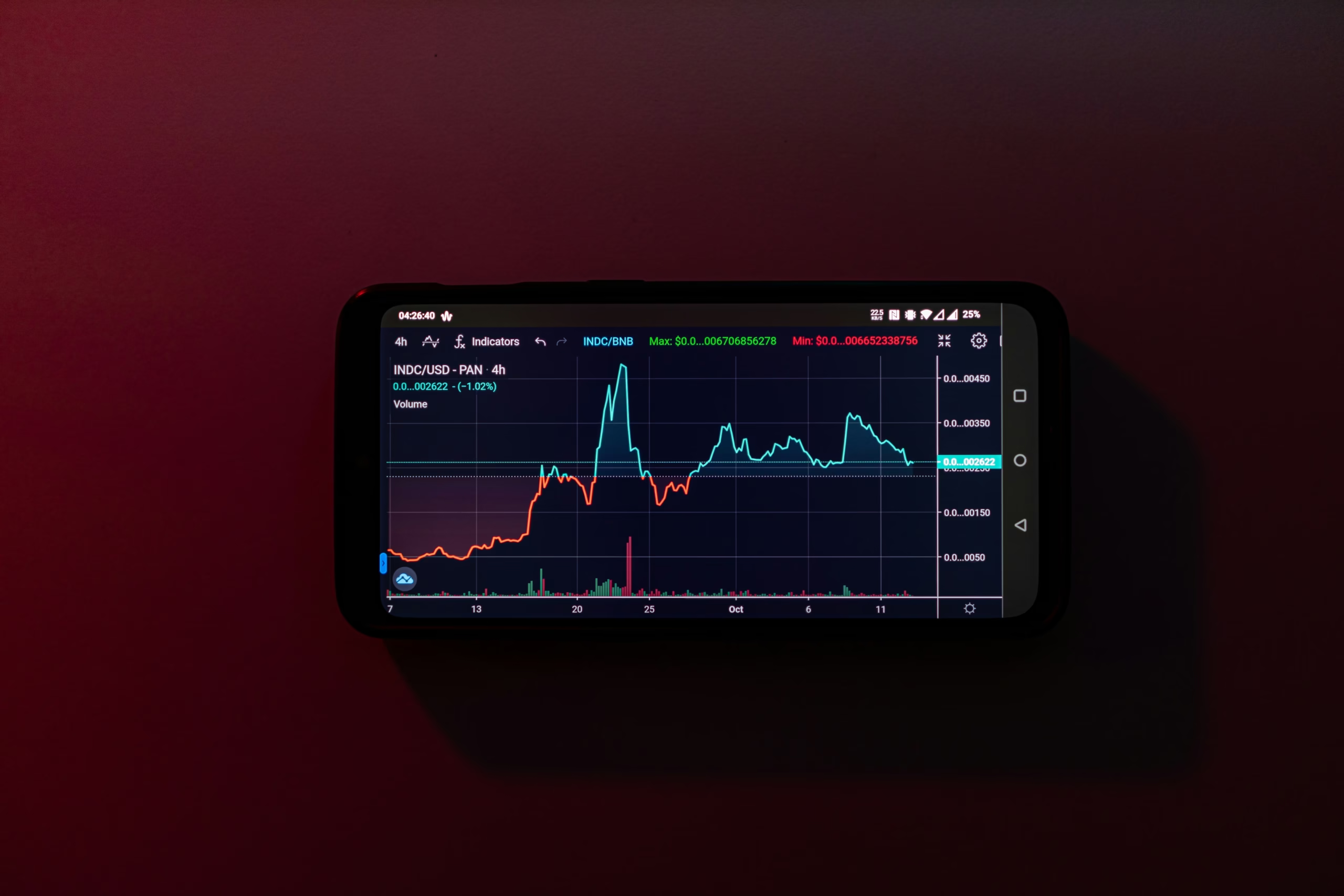May 22, 2025 – Sterling, Virginia — At the Trump National Golf Club, President Donald Trump hosted a private, black‐tie dinner for the top 220 holders of his own $TRUMP memecoin, igniting a fierce ethical debate. With entry granted to elite investors—including crypto billionaire Justin Sun—the exclusive event has drawn condemnation from lawmakers, watchdogs, and ethics experts, spotlighting troubling intersections of political power, foreign influence, and self-enrichment.
Qualification was simple yet controversial: holders needed to place among the top 220 $TRUMP wallets between April 23 and May 12, undergo a background check, and “enter the leaderboard.” The top 25 payers gained additional perks: a pre-dinner reception, White House tour, and giveaways including Tourbillon watches. Some reports suggest attendees paid as much as $1.7 million each via market purchases and trading fees.
Among attendees was Justin Sun, founder of Tron, whose reported $18.6 million investment underscores the growing tension: powerful foreign nationals gaining potential access to the U.S. President through financial means.
Critics expressed shock. The Campaign Legal Center called it “one of the most blatant and appalling instances of selling access to the presidency” . Senator Elizabeth Warren described the dinner as an “orgy of corruption,” while Oregon Sen. Jeff Merkley labeled it “the Mount Everest of American corruption.”.
Rep. Jamie Raskin and Sen. Richard Blumenthal have opened formal inquiries into the dinner. Blumenthal accused Trump of “putting presidential access and influence on the auction block,” framing it as a staggering breach of public trust.
In response, Kentucky’s former ethics aide Charlie Dent—a Republican—warned that no sitting official should use federal power to profit, urging investigations .
Concerns also center on foreign investment. The memecoin’s purchaser base included several international buyers—including Sun—and critics warned of potential foreign influence via crypto.
Unlike campaign donations, purchasing memecoins isn’t governed by strict disclosure or foreign-donor restrictions. Ethics experts pointed to gaps in existing law; even as the MEME Act and “end crypto corruption” bills aim to ban senior officials from benefiting from crypto, structural safeguards are nascent.
It’s estimated that 80% of $TRUMP was controlled by Trump-owned entities CIC Digital LLC and Fight Fight Fight LLC, with the team profiting from token sales and trading fees—amounting to roughly $350 million last January, according to the FT.
The White House maintains the dinner took place during Trump’s “personal time” and was not tied to official federal duties. Press Secretary Karoline Leavitt refused to disclose attendees, insisting funds derived didn’t violate any ethics laws under current statutes.
However, ethics lawyers like Richard Painter and Virginia Canter, former White House advisors, argue this is beyond typical political fundraising, representing direct monetization of imperial office.
The dinner is just one element of a larger Trump-aligned crypto push. The $TRUMP memecoin’s 200 million-token public release in January sparked a peak valuation over $75 billion within days, with $350 million in trading fees collected by Trump affiliates.
Other ventures include World Liberty Financial (linked to a $2 billion Binance deal), a Trump-branded phone with crypto integration, stablecoin USD1, and a pending Bitcoin–Ether ETF proposed under Trump Media’s auspices. Critics say these schemes point to sustained alignment between crypto deregulation and personal profit.
Lawmakers are responding. A bipartisan group including Merkley and Schumer has introduced an “end crypto corruption” bill, targeting illicit crypto profits by senior officials.
Meanwhile, Senate crypto regulators have paused the GENIUS Act, with several Democrats citing Trump’s crypto entanglements as a reason to delay broader crypto regulation.
Ethics officials are also calling for ESG-style disclosure rules requiring public transparency of crypto asset holdings and transactions by officials to bolster accountability.
To many observers, the dinner symbolizes a troubling trend: leveraging digital assets to bypass traditional campaign and foreign-donation barriers—while profiting from token circulation and influence. With memecoin events now central to political brand strategy, Washington is being forced to rethink how crypto aligns with constitutional ethics .
Trump’s private $TRUMP memecoin dinner—complete with luxury, foreign investors and multi-million-dollar access—is viewed by critics as a watershed moment in political-crypto interplay. Questions around foreign money, pay-to-access dinners, and public office profiteering are fueling legal pushback.
As Congress prepares legislation and the ethics watchdogs push for oversight changes, how the $TRUMP saga concludes could define the regulatory future of crypto—and set precedent for the role of personal digital assets in political life.
